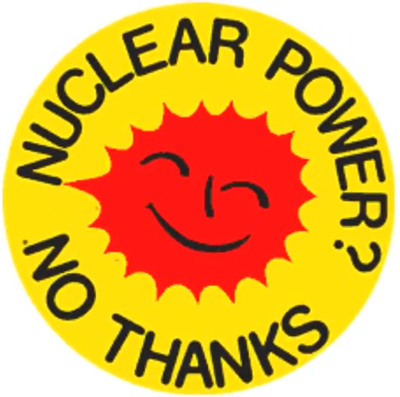I recently saw a list of problems facing the nuclear industry on nuclear-news.net. Since I have been blogging lately about problems with major nuclear companies in different countries, I decided that I would comment on the items in their list.
1). The nuclear industry is living with the reality that there will be another major nuclear accident soon which will upset the public and investors. Combining a push by nuclear construction companies and some national governments for a new nuclear reactor construction boom with the fact that there are serious concerns about corruption and incompetence in the industry and its regulators, a major nuclear accident is virtually guaranteed. There are estimates that one may happen in the next six years.
2) Many of the operating nuclear reactors in the world were built in the 1970s. They are reaching the end of their life spans and are becoming more dangerous and harder to repair. Recently a U.S. reactor was shut down because it was too expensive to repair. There will be an very expensive and complex wave of reactor decommissioning in the next decade.
3) There is a great deal of publicity about a bunch of orders for new reactors which turn out to be mostly hot air. A deeper analysis reveals that while there is a great deal of discussion going on, there are few actually signed firm orders for new reactor construction.
4) Countries which have the capability to build new reactors are encountering public resistance and investor apathy domestically so they are in fierce competition to sell reactors to other countries. There may be a lot more sellers than buyers. And questions have been raised that even if some of the nuclear exporters get orders, they may not be able to deliver.
5) Climate change is already having an impact on nuclear reactors. Several reactors in the U.S. have had to be temporarily shut down because the bodies of water they were using for cooling became too warm. Reactors have been shut down because of dangers posed by severe storms recently. Climate change is predicted to increase the frequency of such storms. At least twenty reactors in the U.S. are in danger from flooding which will increase due to climate change.
6) The strategic need for nuclear arsenals is diminishing. Small scale conflicts and asymmetric warfare call for different types of weapons such as drones. Although major nuclear powers are spending on upgrading nuclear arsenals, nuclear weapon infrastructure is deteriorating in the U.S. and Russia. Calls for complete nuclear armament are increasing across the globe.
7) Global economic problems have reduced the demand for electricity. Conservation has also reduced demand. There is less demand for construction of any new power plants including nuclear.
8) Renewable energy is becoming more popular worldwide. Innovation is rapidly lowering prices for wind and solar. National governments are mandating investment in renewable energy sources as an alternative to new nuclear plants.
9) Nuclear power plants are in danger because of war and terrorism. The Ukrainian government has expressed fear that their nuclear reactors may be damaged or destroyed by the civil war there, either by intent or accident. Nuclear reactors and spent fuel pools will be tempting targets for terrorists. Their destruction would deprive the target country of electric power and possibly threaten millions of people with radioactive fallout.
10) Public opinion is turning against nuclear power across the world. The Fukushima disaster in Japan in 2011 was a major blow to the reputation of nuclear power as a safe energy source. In China, a uranium processing plant project was abandoned due to public pressure. One more big nuclear accident and there will be huge global public rejection of nuclear power.
